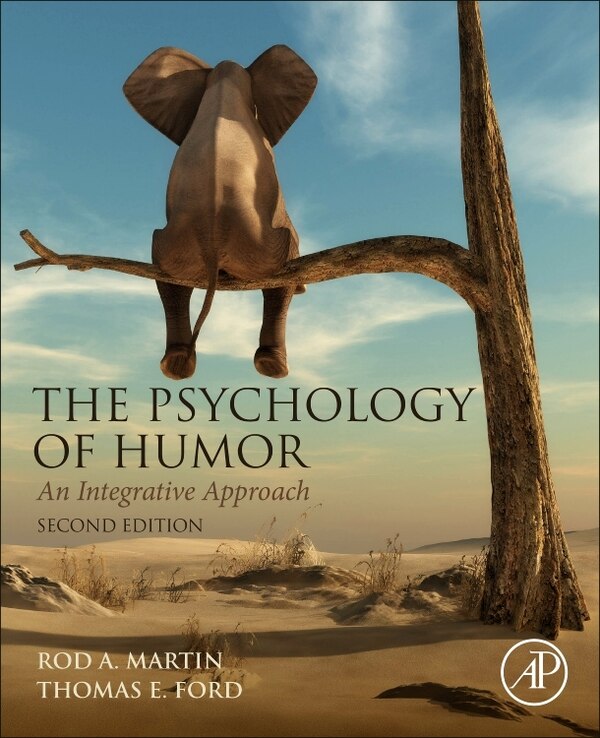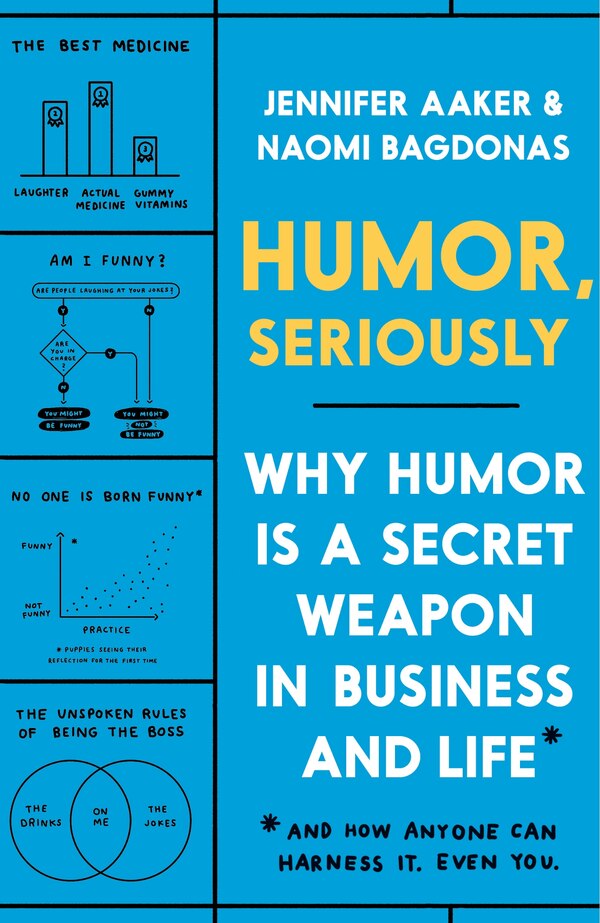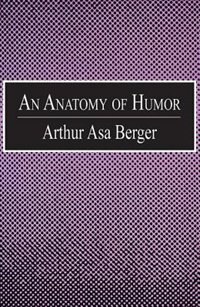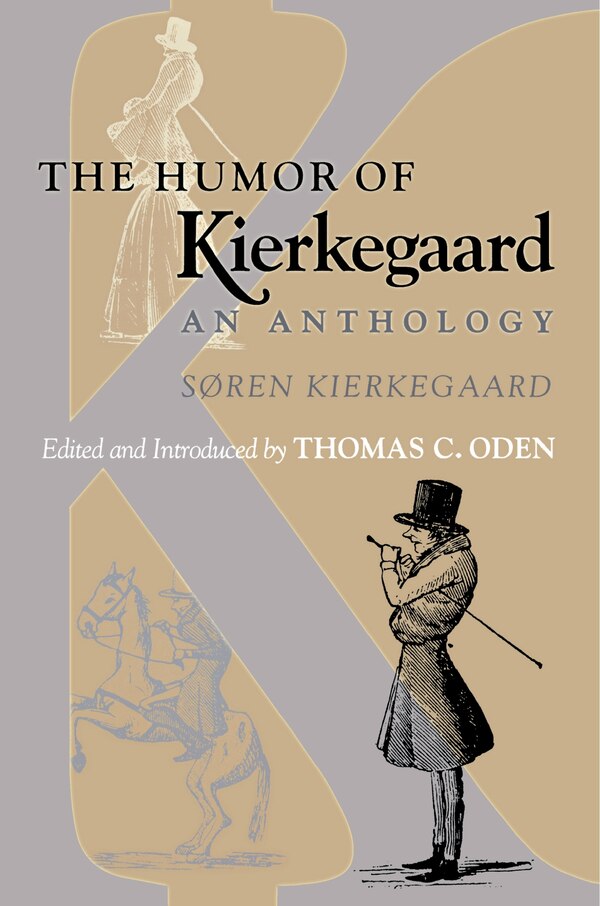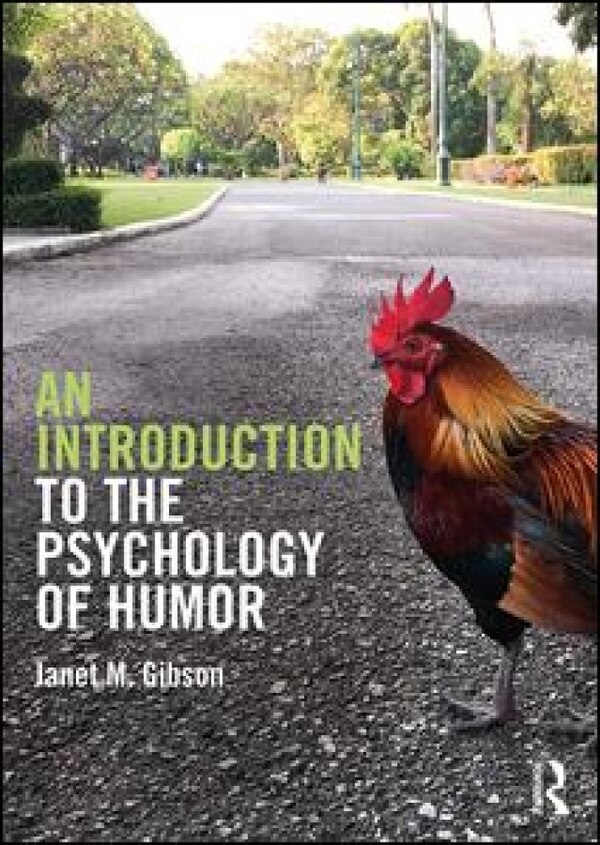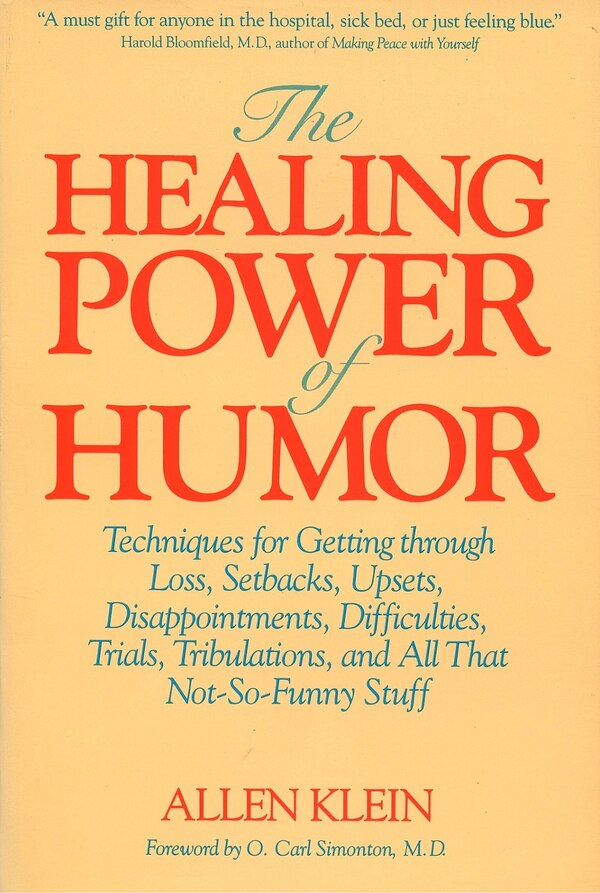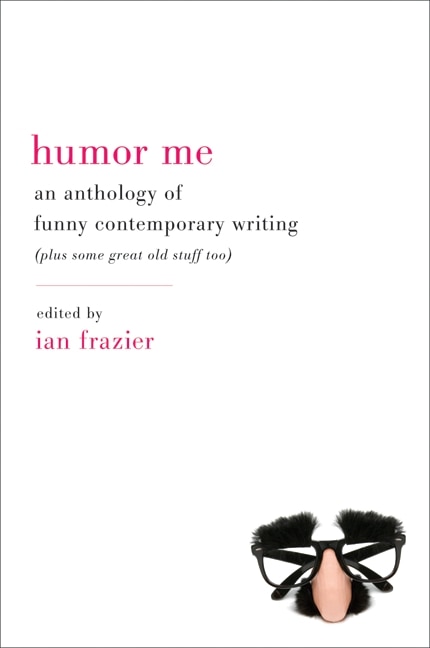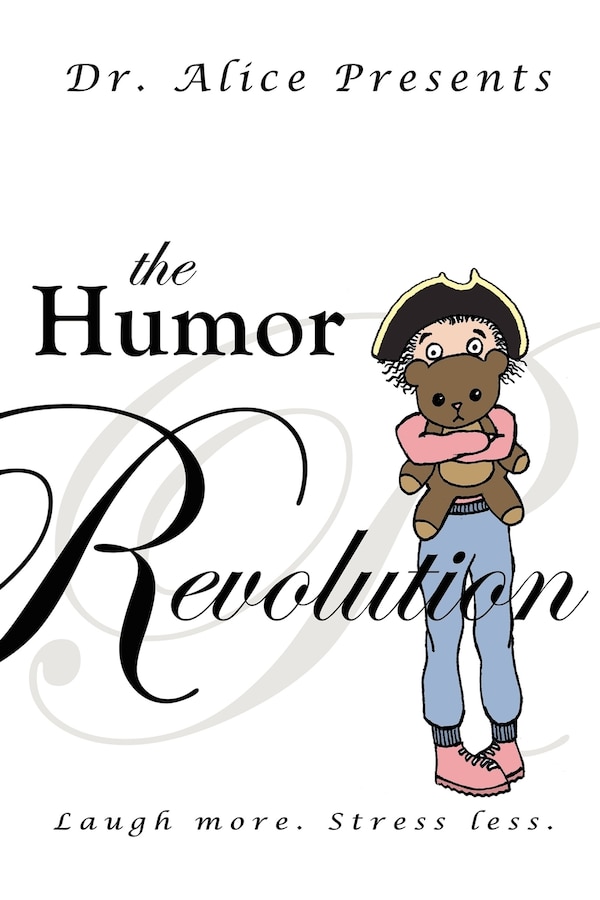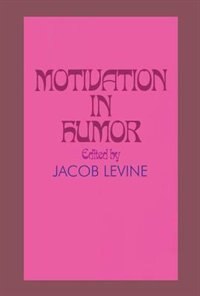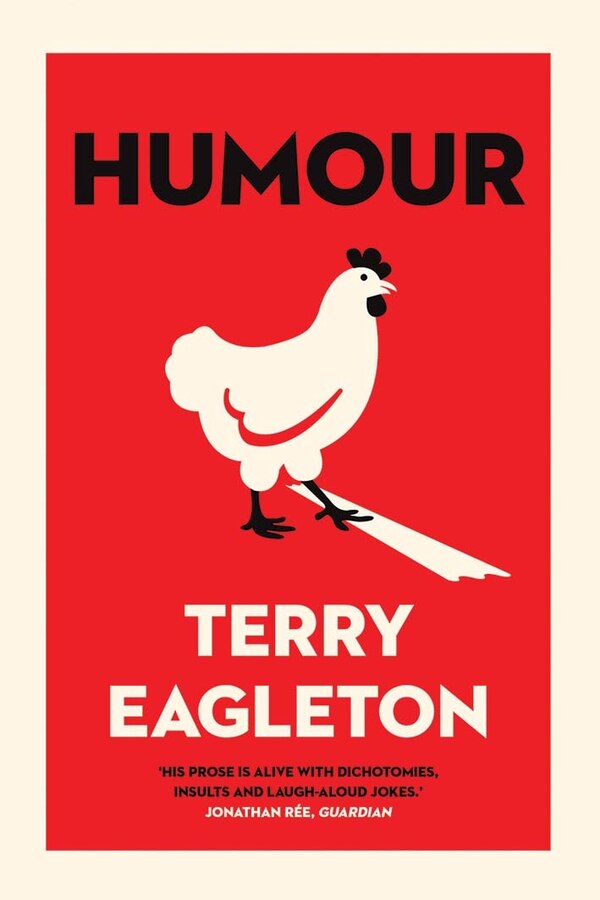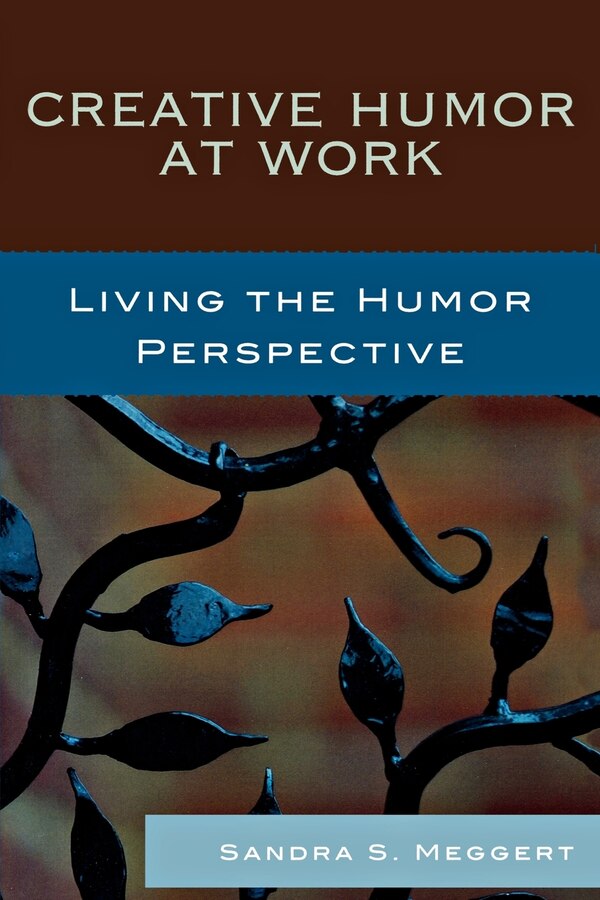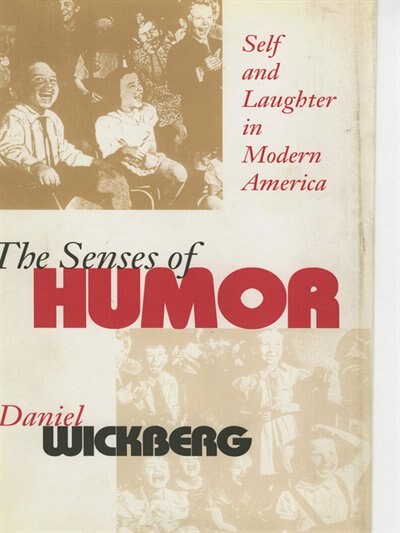
Compare The Senses of Humor by Daniel Wickberg, Paperback | Indigo Chapters
Daniel Wickberg
$49.95
Why do modern Americans believe in something called a sense of humor and how did they come to that belief? Daniel Wickberg traces the cultural history of the concept from its British origins as a way to explore new conceptions of the self and social order in modern America. More than simply the history of an idea, Wickberg's study provides new insights into a peculiarly modern cultural sensibility. The expression \"sense of humor\" was first coined in the 1840s and the idea that such a sense was a personality trait to be valued developed only in the 1870s. What is the relationship between Medieval humoral medicine and this distinctively modern idea of the sense of humor? What has it meant in the past 125 years to declare that someone lacks a sense of humor? How is the joke, as a twentieth-century quasi-literary form, different from the traditional folktale? Wickberg addresses these questions, among others, using the history of ideas to throw new light on the way contemporary Americans think and speak. The context of Wickberg's analysis is Anglo-American; the specifically British meanings of humor and laughter from the sixteenth century forward provide the framework for understanding American cultural values in the nineteenth and twentieth centuries. The genealogy of the sense of humor is, like the study of keywords, an avenue into a significant aspect of the cultural history of modernity. Drawing on a wide range of sources and disciplinary perspectives, Wickberg's analysis challenges many of the prevailing views of modern American culture and suggests a new model for cultural historians. | The Senses of Humor by Daniel Wickberg, Paperback | Indigo Chapters

